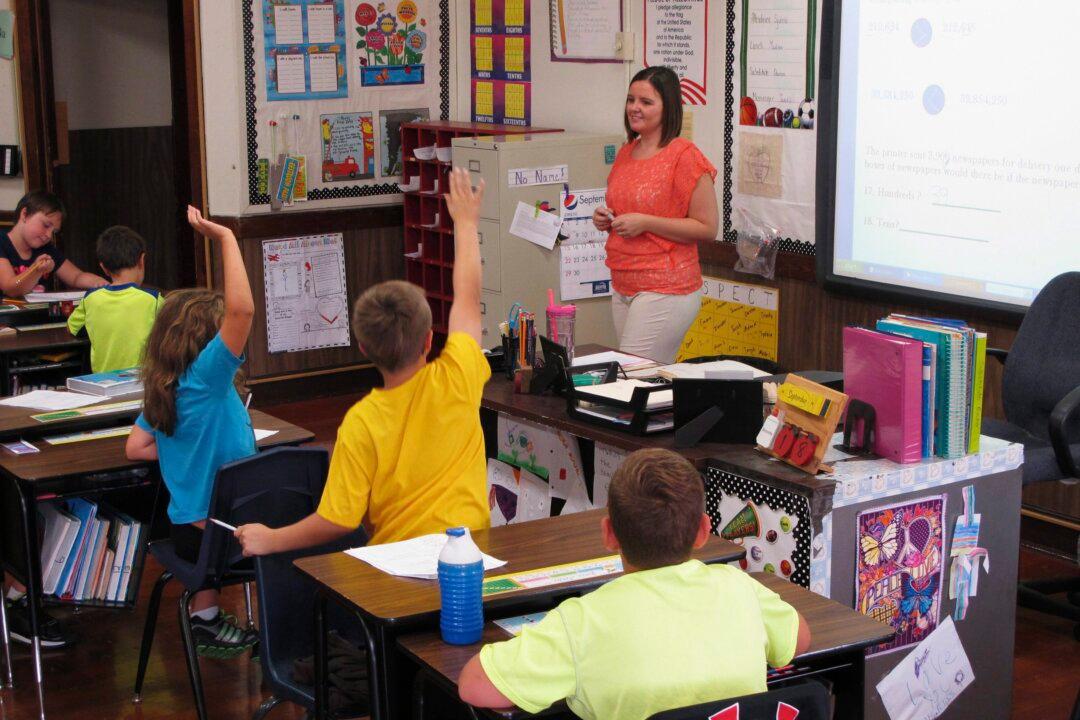Commentary
As we shift to the new normal due to the COVID-19 pandemic, it’s understandable that our priorities have also shifted. Our daily schedules are much different than a month or two ago. Those with school-aged children are experiencing this rather acutely, as parents are now fulfilling a dual role as mum/dad, and now, as teacher. As we navigate these uncharted waters, there are certain realities that have come to light.



